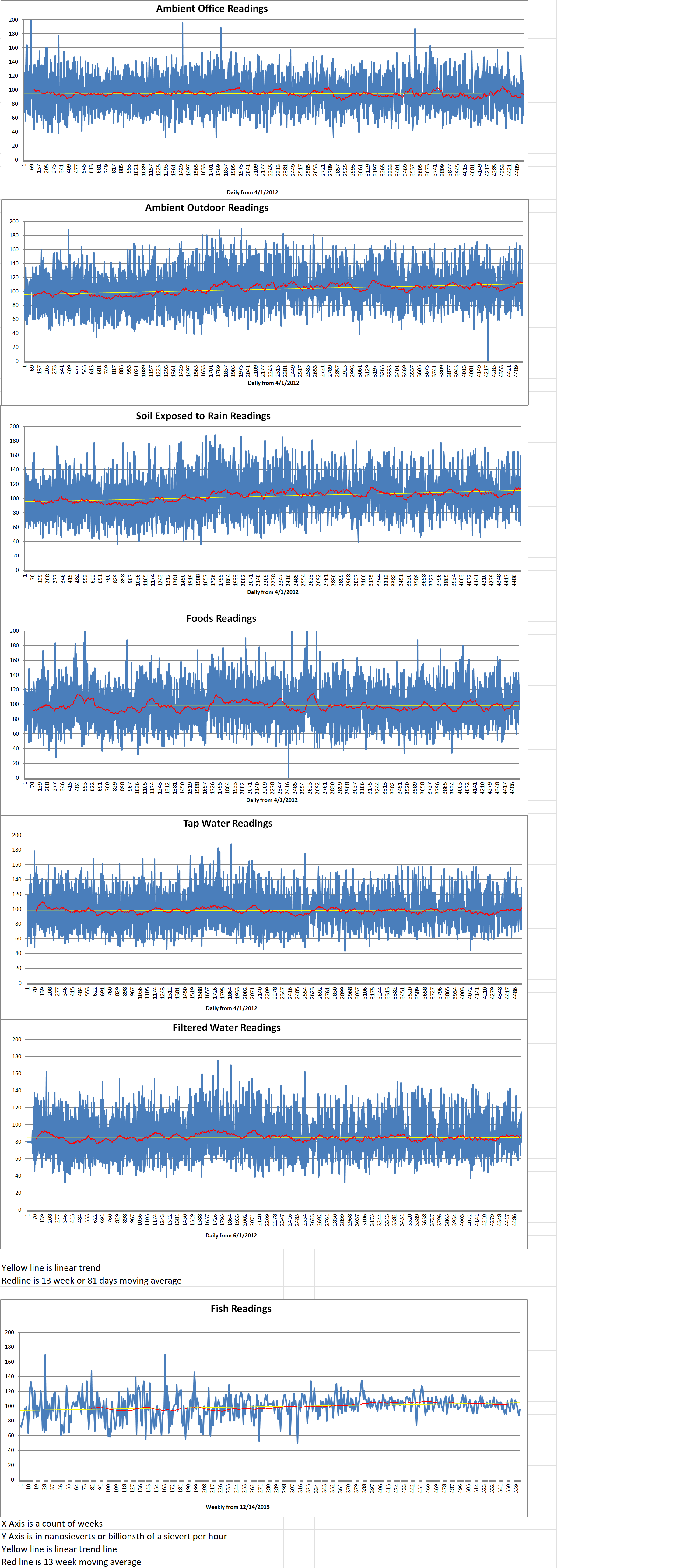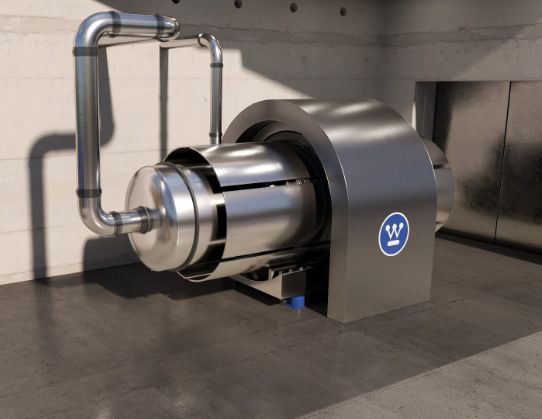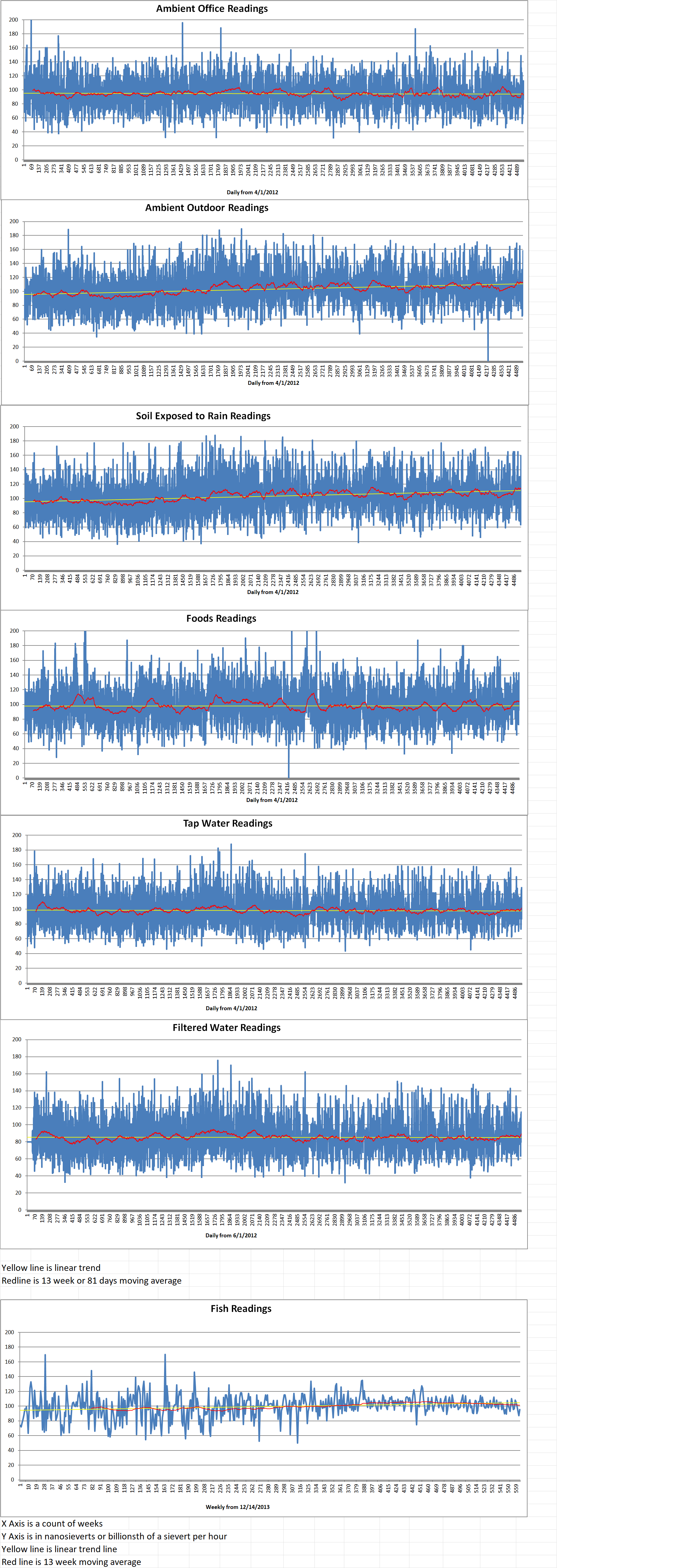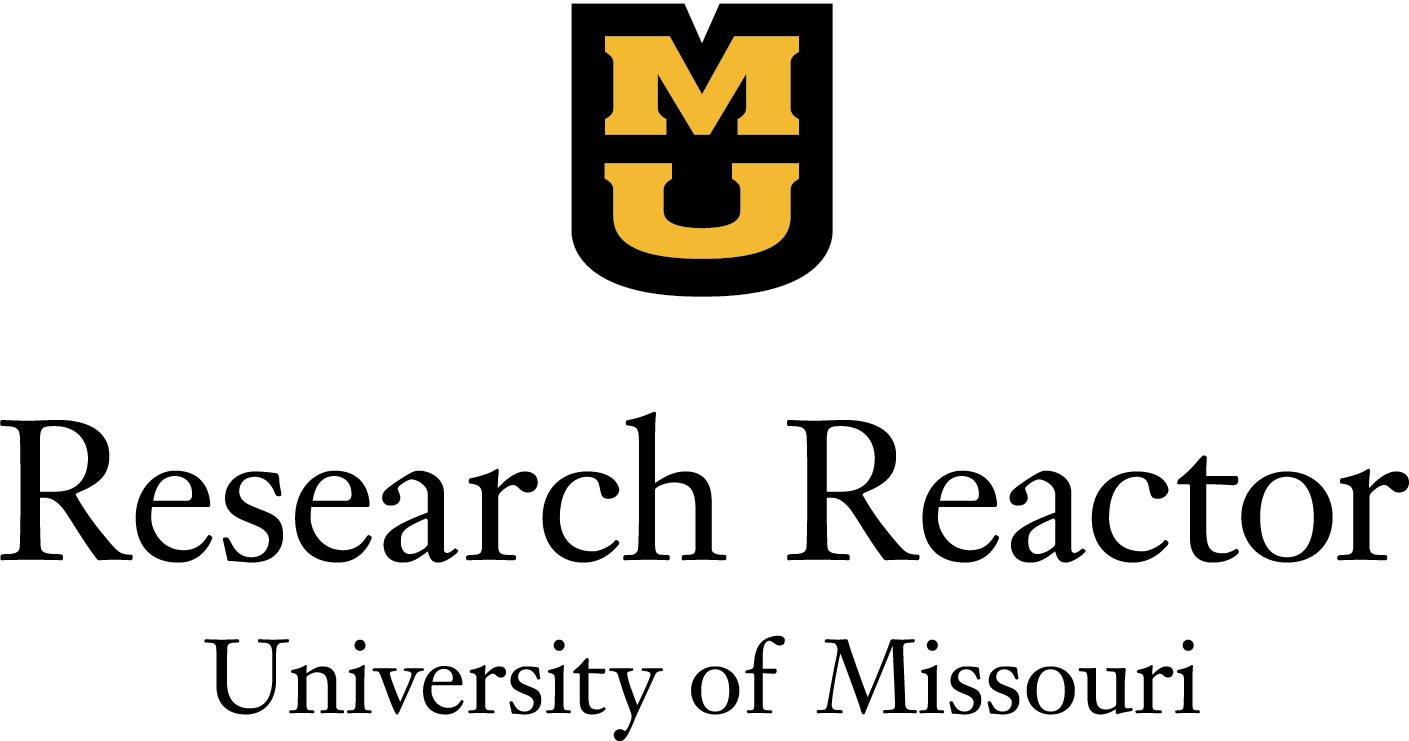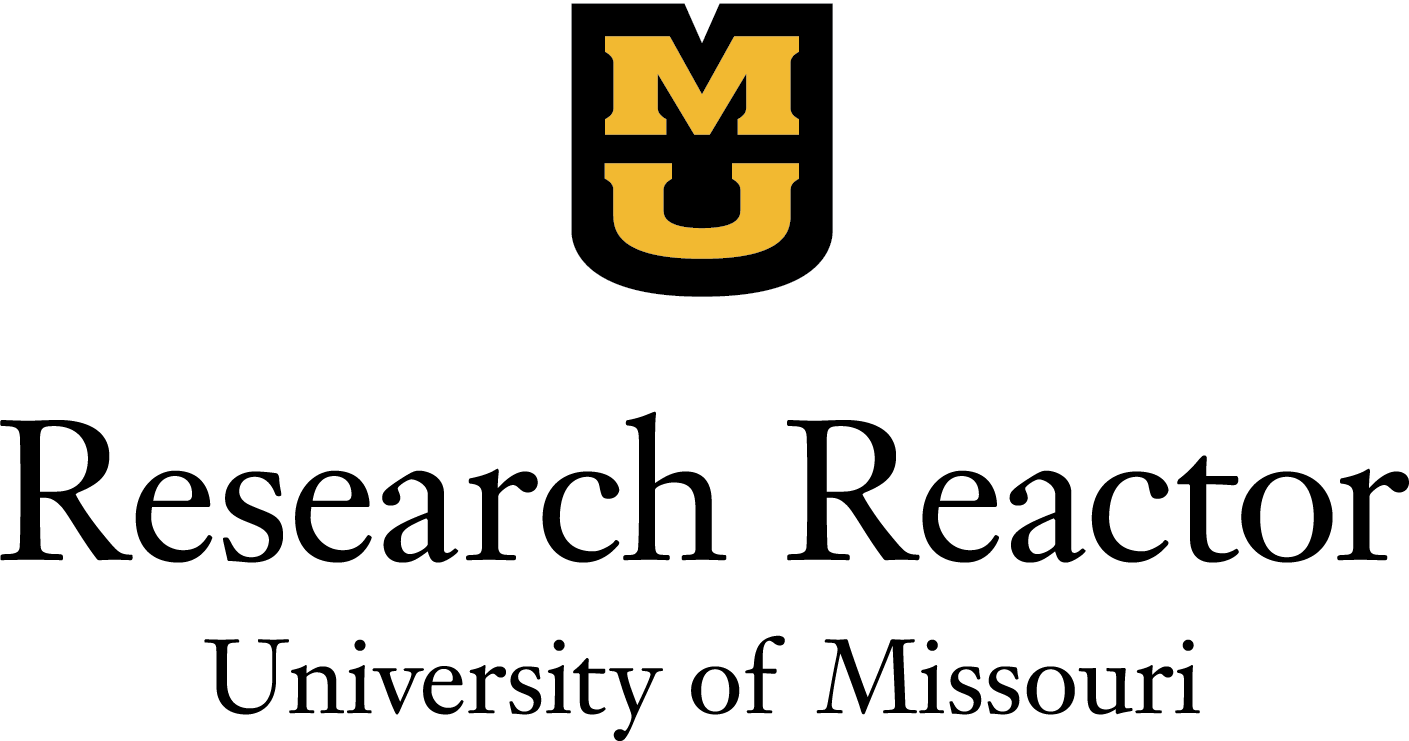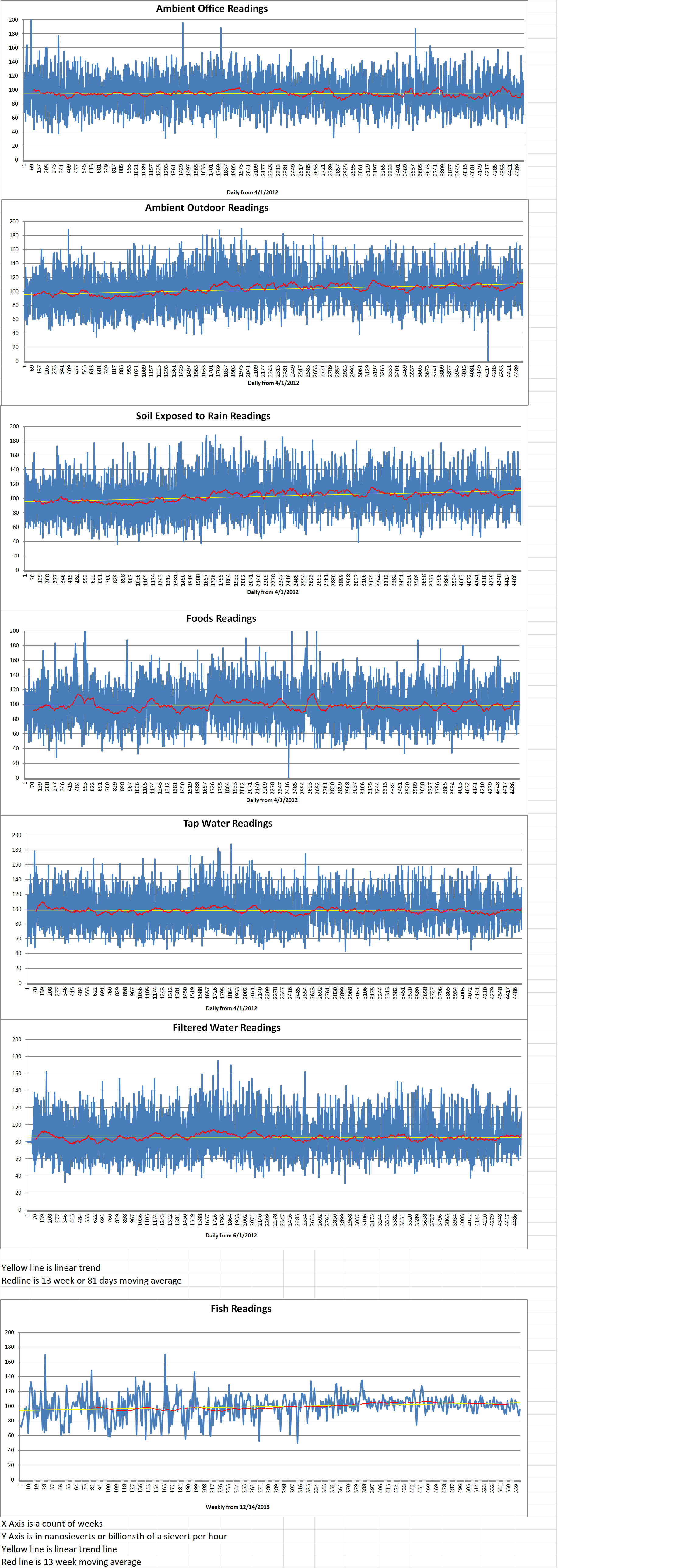The Tennessee Valley Authority (TVA) is the nation’s largest public power provider. It serves more than ten million people with reliable, affordable and resilient energy. The TVA is working to meet the exciting growth of their region through investments in systems, innovative new technologies and a constant commitment to operational excellence.
The Tennessee Valley Authority (TVA) said in a Notification of Intent to the US Nuclear Regulatory Commission (NRC) that the TVA) intends to submit a Construction Permit Application (CPA) to license construction of a GE-Hitachi BWRX-300 small modular reactor (SMR) at TVA’s Clinch River Nuclear Site (CRN Site). According to the notification, it intends to submit the first part of the application, including the Clinch River Nuclear Site Environmental Report, this month and the remainder “by June 2025”.
The CPA is essentially the blueprint for the design of the proposed plant and safety systems. The TVA must obtain approval from the NRC approval before construction can begin.
In a letter dated the 17th of April, 2025, the TVA said, “As communicated previously, the TVA Board has not yet authorized the deployment of a SMR at the CRN Site. TVA’s submittal of the CPA is an important step to de-risk the licensing aspect of a potential, future SMR deployment. Any decisions about deployment will be subject to support, risk-sharing, required internal and external approvals, and completion of necessary environmental and permitting reviews.”
The NRC awarded the TVA an early site permit for the construction of SMRs at Clinch River in 2019. It certified that the site was acceptable for the construction of a nuclear power plant from the point of view of site safety, environmental impact and emergency planning. However, the permit did not specify the choice of technology. A separate license would be required to construct and operate a nuclear power plant. The TVA entered an agreement with GE Hitachi in 2022 to support its planning and preliminary licensing for the possible deployment of a BWRX-300 at the site, near Oak Ridge.
This will be the first CPA for a BWRX-300. TerraPower submitted a CPA for its first-of-a-kind Natrium plant, at Kemmerer, Wyoming, to the NRC in March 2024, which the regulator scheduled for review the following May. More recently, Long Mott Energy submitted a CPA for an Xe-100 power reactor to be sited in Calhoun County, Texas, on the 31st of March this year, for which the regulator is targeting a scheduled decision by the end of May, this year.
A TVA-led coalition including BWRX-300 developer GE Hitachi Nuclear Energy applied for an eight hundred million dollar grant earlier this year from the U.S. Department of Energy’s Generation III+ SMR program to support the deployment of SMRs at Clinch River. The GE Hitachi CEO Jeff Lyash said that the application for the grant would accelerate construction of an SMR at Clinch River by two years, with commercial operation planned for 2033.
Earlier this year, Tennessee Governor Bill Lee pledged to support nuclear power, with a proposal for some fifty million dollars for the SMR project in his 2025 State of the State address.


